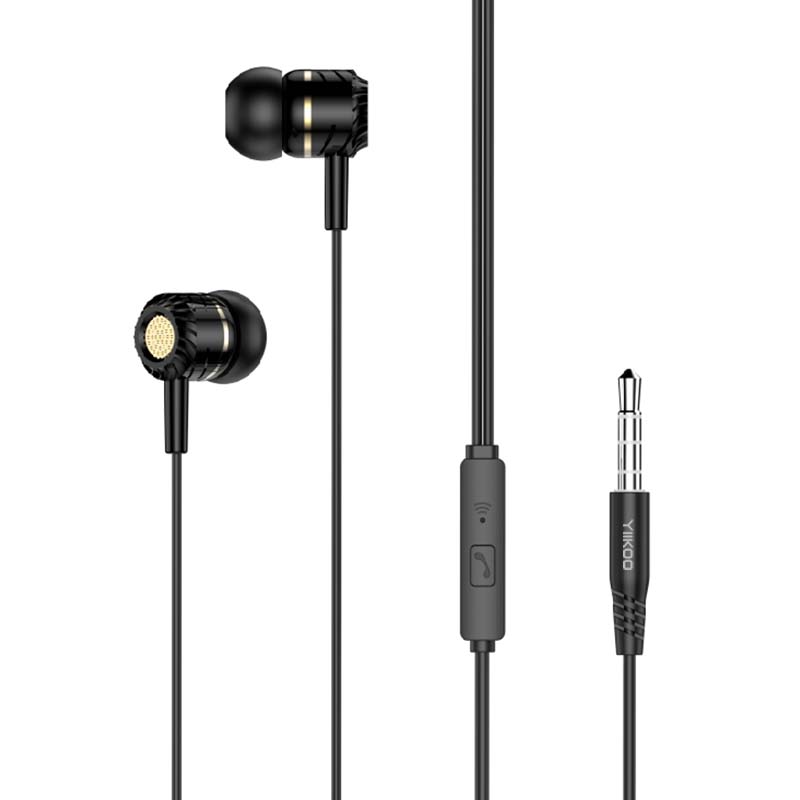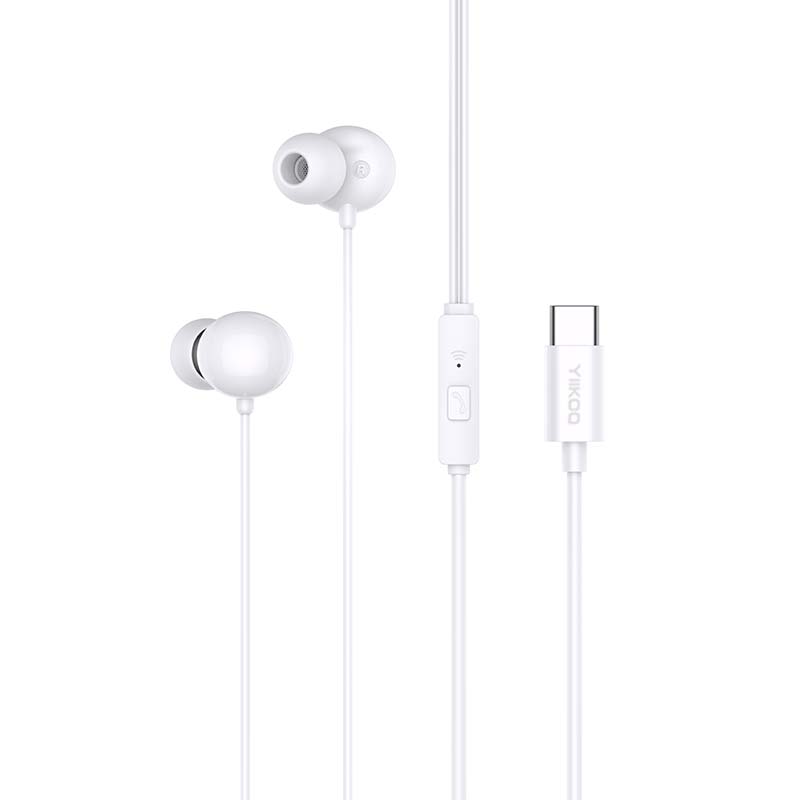By clicking Sign Up, you agree to our Terms and Conditions and that you have read our Privacy Policy.
Sign In with your social account Samsung Phone Screen

We won't post to any of your accounts without asking first
Sign In with your social account
We won't post to any of your accounts without asking first
We all know it: There are downsides to too much screen time. Keep reading for the latest tips to take control of your tech!
We all have our screen time sore points… Maybe you’re like the average American who picks up their phone 76 times per day (with those check-ins leading to a whopping 2,617 clicks, swipes and taps!). Or perhaps you’re prone to “browser clutter” and can’t stop opening tabs on your tablet. Or you’re a bit too familiar with the “Netflix and scroll” phenomena and can’t watch TV without holding another device. Whatever your tech-induced weakness, our expert tips will teach you how to reduce screen time and help you take back control.
So many amazing things happen on our smartphones. We’re connecting with a friend we haven’t seen in decades, finding an amazing recipe, depositing checks in our pajamas… But all that screen time can compromise our mental and physical health. Indeed, it can cause eye strain and dry eye, neck pain and more.
But there are behavioral shifts that signal that we should cut down on screen time, says Catherine Price, author of How to Break Up With Your Phone and the How to Feel Alive newsletter. “Ask yourself how your routines have changed to accommodate your phone use.”
We’ve all felt our phones tug at our attention when we’re trying to focus on something (or someone) else. “This is by design!” emphasizes Price. “Our smartphones — and their apps — are designed to hijack our attention. They do so by copying techniques directly from slot machines, which are widely considered to be the most addictive machines ever created.” Slot machines hook users by offering rewards that are intermittent, meaning that you never know when you might receive one. With our phones, the ‘reward’ is the notification, message, comment, like or call that can come at any moment. “This system trains us to always have at least a sliver of our attention on the phone just in case — and our full attention is never available.”
So, we’re perpetually low-level distracted. But is it such a big deal if we can still do our jobs and take care of our responsibilities? “Chances are it’s affecting you more than you realize,” says Price, who tracks the research on how our brains and bodies are coping with increased screen time. “The evidence is staggering, and one paper that’s especially important to mention is the ‘Brain Drain’ study. It showed that even when their phones were completely turned off and face down on a desk, study participants had a harder time solving problems, understanding information and remembering facts than when their phones were in another room.”
If you’re looking to cut back on screen time, try these 6 expert-recommended strategies.
Surveys show that at 7am, smartphone touches explode. But it doesn’t have to be this way. “When clients can shift their morning behavior, they have more control over their habits for the rest of the day and night,” shares productivity consultant Rashelle Isip. “Just postponing looking at your phone for 15 minutes can set up your day with a digital ‘win’, as you allow yourself to shower, walk the dog or even do laundry before you look at your phone.”
“Another way to reduce the time you spend on your phone is to consciously use mealtimes as true breaks from the digital world,” says Isip. “It may be challenging if you’re used to eating while wired, so don’t expect it to feel like a leisurely meal in the French countryside right away!” At first, you may need a physical crutch (maybe a juicy novel), a pre-meal ritual (could be lighting a candle) or a post-meal reward (like a dessert worth savoring).
Sometimes your need a techie solution to become less reliant on screens, notes Isip. “Many phones can create distinct settings for when you’re at work or sleeping that reduce distraction. You can also set alarms reminding you to take screen breaks and disable push notifications from everyone except for a few close contacts.” Changing your screen from color to black-and-white is a powerful hack for visually motivated users. Known as “grayscale,” this tonal change can make apps considerably less tempting — and render Pinterest addicts underwhelmed. Of course, some of the best deterrents are as low-tech as it gets. Many of Price’s clients wrap a rubber band or two around their phones as a “mental speed bump” to help them reconsider each use.
“You can also make changes to your physical environment to make it easier to engage in habits that are more nourishing,” encourages Price. “For example, I try to leave my guitar out of its case to make it as easy as possible to pick it up. And I put my phone in the closet at night for the opposite reason: to make it harder! It is amazing to see what a difference this small change makes in terms of the likelihood that I will pick up the guitar during my downtime instead of my phone.” Price’s strategy taps into what psychologist Alice Boyes, PhD, author of The Healthy Mind Toolkit, says is the ultimate key to reducing screentime: using one’s creativity and self-knowledge to find the smartest approach for you.
“To give yourself the best chance at success, ask yourself if you have a personality trait that may correlate with increased screen time struggles,” reveals Boyes. Keep reading for tips that match your personality traits:
Now that you’ve decided on a few strategies to lower your screen time, be on the lookout for moments when your routine is disrupted to really push yourself, advises Boyes. “It could be a vacation, a houseguest or even an illness. Often these periods lead us into our bad habits — hello, early Covid-era doomscrolling! And they can be just as powerful at helping us change our habits for the better.”
For more on how technology affects your health, keep reading:
The Benefits of Blue Light Glasses Have Been Overblown, Says New Study — Here’s What Eye Doctors Want You to Know
Expert Advice: What if I’m Tired of Technology?
Your Digital Devices Could Be Zapping Your Energy — Here are 2 Easy Ways to Avoid It

Wholesale 6s Plus Battery Capacity Supplier Part of the a360media Women's Service Group. Copyright © a360media 2024. All Rights Reserved